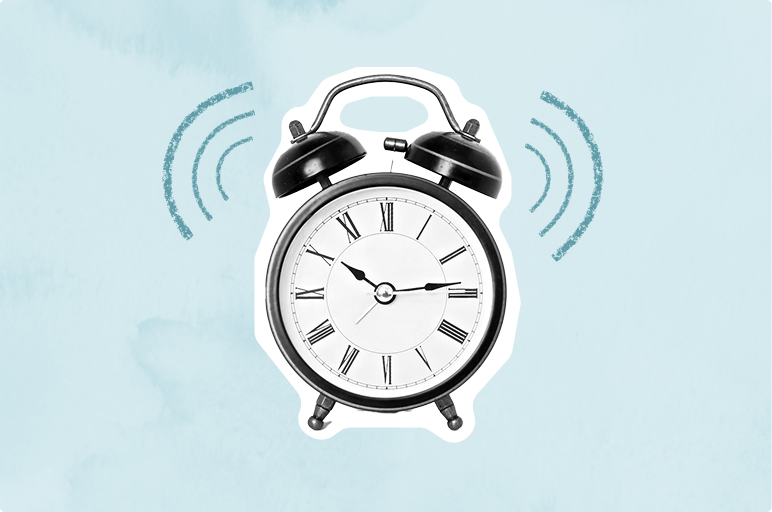The importance of time management in the workplace

Time management isn’t about working harder—it’s about working smarter. Employees who manage their time well reduce stress, stay productive, and consistently meet deadlines.
Even the most skilled, knowledgeable, and enthusiastic employees can struggle if they lack one crucial skill: time management. Without it, missed deadlines and last-minute scrambles can affect business performance and client relationships. But when time is managed effectively, employees can do their best work—on time and with confidence.
What is time management and why is it important?
Time management is the ability to plan and control how time is spent to increase efficiency and effectiveness. It ensures employees can meet deadlines without feeling overwhelmed, leading to better performance and job satisfaction.
There are great benefits to efficient time management, both for your employees and your business overall:
- Improved efficiency and productivity – Less time wasted means more time focused on high-impact work and delivering work on time.
- Reduced stress and anxiety – A well-structured workload prevents burnout and improves mental well-being of your employees.
- Higher-quality work – With better time management, employees can dedicate the right amount of effort to each task to achieve high-quality results.
- Stronger confidence – Staying on top of responsibilities boosts self-trust and motivation.
- Better decision-making – When employees aren’t rushed, they can make thoughtful, informed choices.
- Work-life balance – Employees who manage their time well avoid late nights and stress, leading to better retention and job satisfaction.
Time management is the ability to plan and control how time is spent to increase efficiency and effectiveness.
How to improve time management at work
Time management isn’t always an innate skill—but it can be learned. Implementing practical strategies can help employees stay on track and maintain productivity. For example, time management courses provided by Go1 teach a range of techniques, including:
Key time management techniques
- Make a task list – Writing tasks down provides clarity and reduces mental clutter. A separate “today’s priorities” list helps prevent overwhelm.
- Prioritize tasks – Focus on high-impact, urgent tasks first and avoid putting off challenging work.
- Delegate effectively – Managers should ensure responsibilities are shared appropriately to prevent burnout among the team.
- Use scheduling tools – Time-tracking software, calendars, and task managers help employees plan their days effectively and monitor how much time is spent on individual tasks.
- Minimize distractions – A tidy workspace, limited social media use, and set focus times can improve concentration.
- Avoid multitasking – Working on multiple tasks at the same time can lead to mistakes and miscommunication. Focus on completing one task before moving to the next to improve accuracy and efficiency.
- Take regular breaks – Short breaks throughout the day refresh focus and boost productivity. Taking a break and coming back to work can also offer a new perspective on something, which can improve productivity.
Best tools for time management
Technology can help employees manage their workload efficiently. Some of the most effective tools include:
Time-tracking software – Helps employees monitor where their time goes.
Digital calendars – Useful for scheduling tasks and meetings.
Task managers – Keeps priorities organized.
Screen break reminders – Encourages healthy work habits.
To-do lists – Ensures nothing important gets overlooked.
Habit-tracking software – Helps build consistent productivity habits.
Improve your team’s time management today
Time management is essential for delivering high-quality work on time—every time. Go1 offers a range of expert-led courses to help your team master time management and improve their output, stress levels, and overall satisfaction.
Invest in your team’s productivity today. Book a demo to learn how Go1 can help your organization thrive.
Related Articles

The 6 biggest AI adoption challenges for businesses in 2026 (and how to overcome them)

AI ethics training in 2026: What L&D leaders need to know

How to improve AI literacy in your organization in 2026

Application Guide: How to use the Go1 AI for L&D Maturity Assessment to assess our workforce AI capability

Train smarter, spend less
Train smarter,spend less
Connect with a Go1 expert to explore the best training options for your organization—no pressure, just solutions that work.